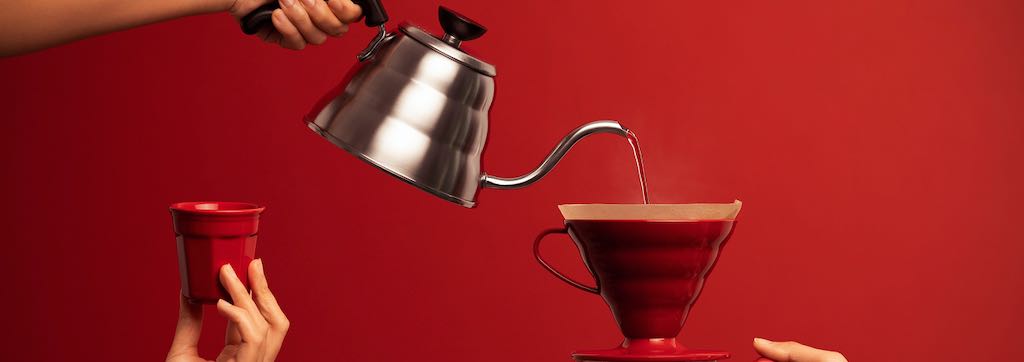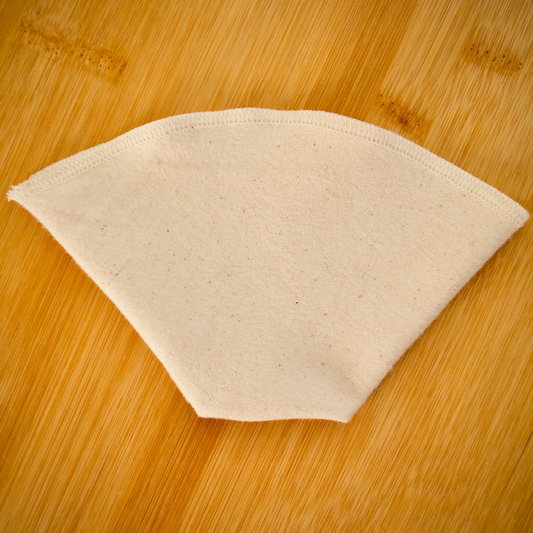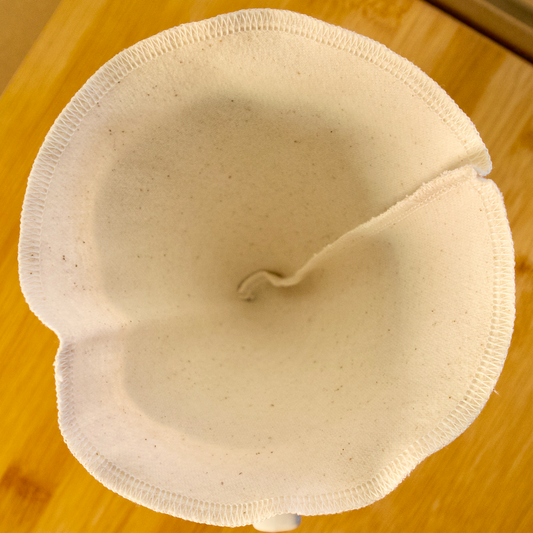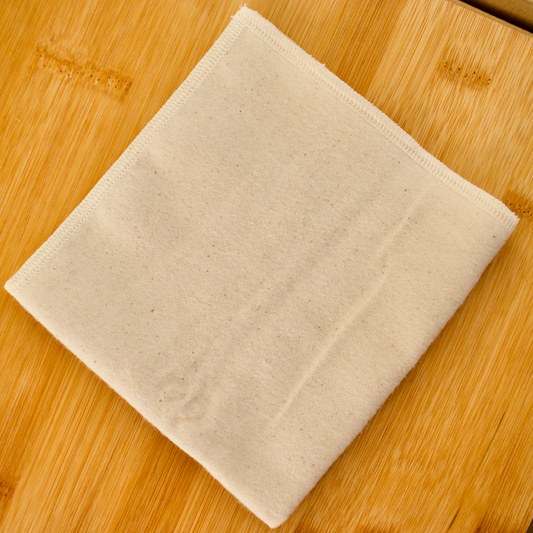
Hario V60 Dripper 5 Pour Method
If you're like most coffee lovers, you know that a great cup of coffee can make or break your day. And if you're looking for a way to make great coffee at home, the Hario dripper is one of the best tools you can use. But how do you use it to make the perfect cup of coffee every time? In this post, we'll show you how to use the Hario dripper with the 5 pour method to make great coffee at home.
If you're like me and you love knowing where recipes like this is from, you'll appreciate knowing that Matt Winton, a World Brewer Champion, is where this recipe was first found.
I've made it a bit more accessible for everyday drinking, but held true to what Matt shows here.
The usual things you'll need are:
- Coffee
- Grinder
- Gooseneck Kettle
- Hario Dripper
- Filters (these are pretty great :)
- Water (Filtered)
- Scale (ideally with timer)
- Carafe or your favorite mug
Once you've got those, let's get brewing!
Preheat the dripper and mug/carafe
To make great coffee, you need to start with a clean slate. Start by boiling water and pour hot water into the dripper and mug/carafe to preheat them. This step helps to ensure that the temperature of the water and the brewing equipment are consistent, which can affect the taste of your coffee. If you're using paper filters, you'll need to do this step to get rid of that sour paper taste too.
Grind the coffee beans
The next step is to grind your coffee beans. We recommend weighing out 20 grams of coffee beans and grinding them to a medium-fine grind setting. This will help to ensure that the coffee extracts evenly and doesn't taste bitter or weak.
For this article, I used Batch #66 from my Kaldi Wide 300 roaster. A delicious Ethiopian SWP decaf, roasted at Full City.

First pour (Bloom the Grounds) ~40 grams
Now it's time to start brewing your coffee. Place the dripper on the scale and tare to zero. Add the coffee grounds to the dripper and gently tap to level the surface. Start the timer and pour 40 grams of hot water (200°F/93°C) over the coffee grounds, making sure all the grounds are evenly saturated. This first pour is called the bloom, and it allows the coffee to release gas and foam while the grounds expand.
When you get it right, you'll actually watch the coffee expand, almost like a blooming flower bud.
In the original recipe, Matt recommends stirring it at this point - I skip this. Why dirty another utensil and I have yet to notice enough of a difference between stirring and getting a great bloom like the one pictured here.

Second pour ~80 grams
After the bloom, it's time for the second pour. It's also where I change the recipe a bit. Pour an additional 80 grams of water over the coffee grounds in a circular motion, starting from the center and working your way outwards. This pour should bring the total amount of water poured up to 120 grams. Pause for 15 seconds to allow the coffee to extract.
Third pour ~60 grams
The third pour is similar to the second pour. Pour another 60 grams of water over the coffee grounds in a circular motion, starting from the center and working your way outwards. This should bring the total amount of water poured up to 180 grams. Pause for 15 seconds.
Fourth pour ~ 60 grams
The fourth pour is also similar to the second and third pours. Pour another 60 grams of water over the coffee grounds in a circular motion, starting from the center and working your way outwards. This should bring the total amount of water poured up to 220 grams. Pause for 15 seconds.
Fifth pour ~ 60 grams
The final pour is where you'll add the remaining 80 grams of water to the coffee grounds. Pour the water in a circular motion, starting from the center and working your way outwards. This should bring the total amount of water poured up to 300 grams. Wait for the water to finish dripping through the coffee grounds.
At this point, your brew time should be about 3:30. If less than this, you'll probably want to make your grind finer next time. If more than this, you'll want to make your grind more coarse next time.
Either way, for this brew, you're done!

Enjoy your coffee :)
Once the coffee has finished brewing, discard the used coffee grounds and rinse your filter (discard it if it's paper). Pour the coffee into your preheated mug or carafe and enjoy!
There you have it - a great cup of coffee made with the Hario dripper using the 5 pour method.
I hope this guide has helped you to use the Hario dripper with the 5 pour method to make great coffee at home. By following these steps, you'll be able to achieve a balanced and flavorful cup of coffee with a clean finish.
Want to level you game up? Don't be afraid to experiment and try new brewing methods. Change the grind, the water temp, the pour method... All of it is up to you and your tastes. Happy brewing!



